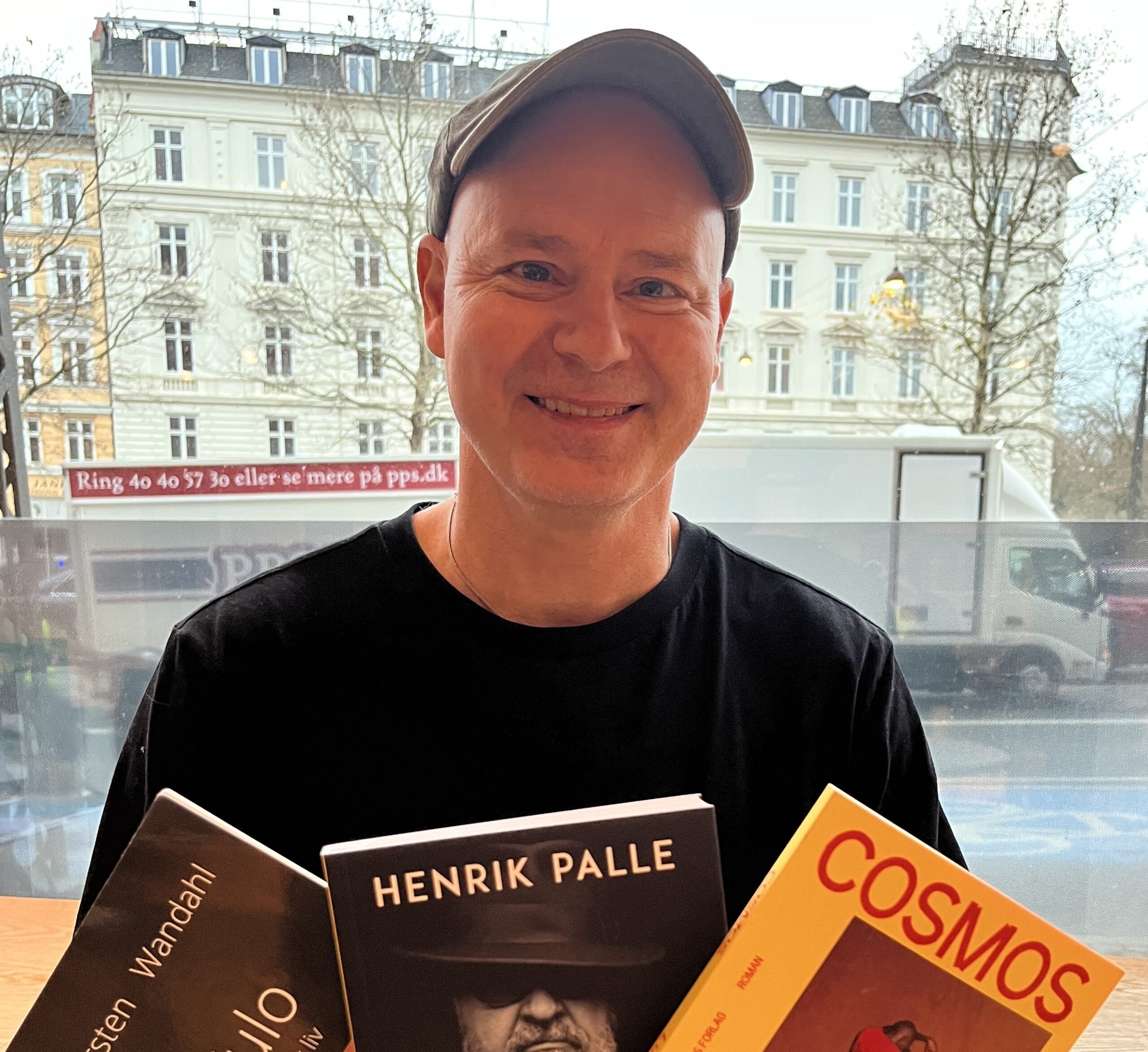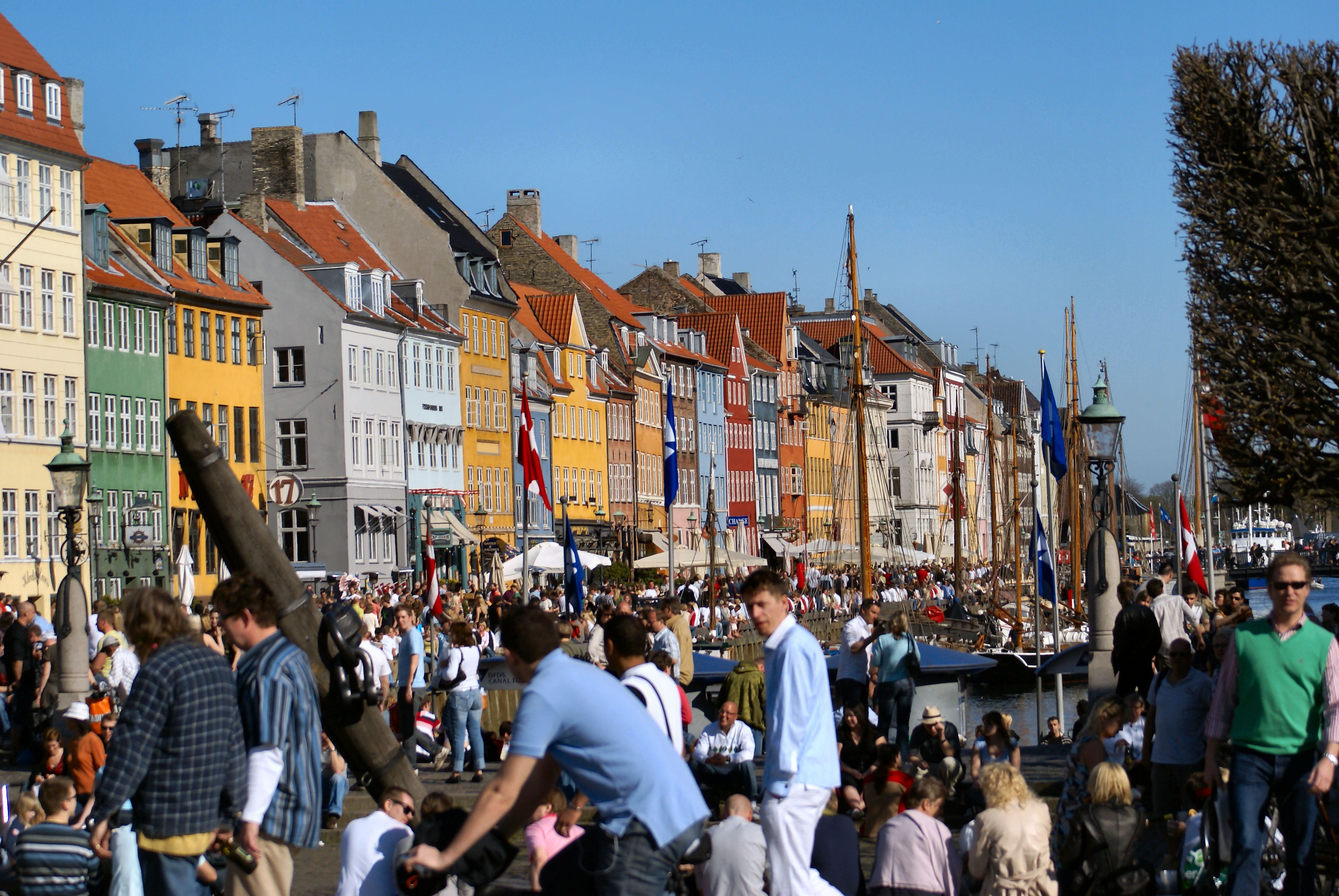After a couple of years spent in the semi-permanent existence of travel and intercontinental migration, there are only two things I found it impossible to let go of. Books and reality.
It’s suggested that literary fiction (as opposed to popular fiction) can actually help an individual understand the complex human emotions forming the basis of social relationships and broader human societies. But can a country’s reading habits say anything about its overarching national identity or influence the individual identities of its people? Can literature shape a particular cultural period while continuing to affect behaviour in future generations? I have no idea. But bear with me.
Danes are well adjusted in the sense that they seem content and satisfied. I won’t use the word ‘happy’ or reference world happiness reports and liveable city surveys, but I will infer a certain sensible, rational and mature Danish populace from them. Putting this and, for good measure, Jante Law aside, I’d like to offer an alternate theory to the healthy rearing of Danes based on their most celebrated authors. I’ll limit my meanderings to two men of notable genius and obvious influence on Danish culture.
Søren Kierkegaard and Hans Christian Andersen were incredibly complex characters and strangely tragic figures. They were infinitely talented, but a hint of melancholic awkwardness permeated through their work and their private lives. Extensive and impressive bibliographies aside, these men gave the Danes incredibly valuable but easily overlooked gifts. Kierkegaard gave them perspective. Andersen gave them truth.
The hardest life lesson I’ve learnt was also the simplest and the most rewarding. Your life is completely, utterly, irrevocably, absolutely and positively meaningless. It is entirely devoid of any inherent meaning, and your death will serve only to physically punctuate the pointless and painful nature of your birth. For some, this is difficult to hear, harder to comprehend and impossible to accept. Once the initial dizziness subsides, a profound sense of perspective will settle, and it’s this perspective that is at the heart of existential philosophy.
We have Kierkegaard to thank for that, and although he found his own meaning in a deity, his work (and the work it inspired) stressed the importance of lived experience and the individual’s responsibility to create meaning in the absence of any. I think it’s an easy observation to make, but Danes do indeed have their priorities in order. Work-life balance always tips in favour of life, and its pace is always set by those in no particular hurry. The Danes are profoundly gifted at simply existing.
Although I recently discovered that Hans Christian Andersen pioneered a rather ingenious if not primitive method of tracking the frequency of one’s masturbation habits (an ‘x’ in the diary no less), he is perhaps better known for his equally inspired fairy tales. Andersen’s fantastical worlds introduce Danish children, at a very early age and with significant cultural impetus, to fiction with complex and challenging themes full of moral and ethical implications that are far deeper and darker than their Disney counterparts. But they are nonetheless respected as the fantasy that they are, and young Danes are free to play with and explore the very nuanced notion of truth from an early age. Although religion is of no importance to over 80 percent of Danes (second in the world only to the Swedes), in a modern world still embarrassingly full of superstitious nonsense, divinely mandated deception and institutionalised bigotry, the ability to separate fact from fiction and ugly ducklings from ugly doctrines is, to me, as important as ever. The Danes may not seek truth, but they can certainly recognise it.
A quick scan of your immediate societal surroundings might suggest that the days of cultural revolution or even relevance are over and we have only the past to look forward to. There will always be human beings who leave their mark on the world, as there will always be those who’ll only leave a stain. But if nothing else, remember that there are still people who can have a profound effect on your life, whether you’ve known them forever or you were separated by centuries. Maybe they’re just a character in a book.












